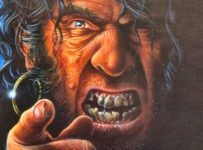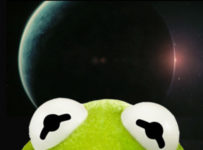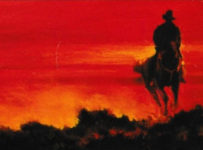Reading, as Haruki Murakami once wrote, is essentially a selfish act. Unlike the communal aspects of cinema or theatre, it’s a solitary activity that requires you to carve out time to do it.
I’ve been working in libraries for over 20 years, and the amount of time people have to read never ceases to amaze me. This is coming from someone who somehow polished off over 160 books this year. It’s all about priorities, of course, and 2019 was the year of the literary blockbuster – the closest thing to a communal reading experience outside of a book club or story time.
So when we talk about the ‘best’ books of the year in any context, it’s ‘favourites’ that we really mean. Here’s 11 books in no particular order that resonated with me over the last 12 months.

The Testaments / Margaret Atwood
The most anticipated release of the year arrives not a moment too soon. If The Handmaid’s Tale was about control and the inner world, then this follow-up is about another Big C word: collusion. Aunt Lydia, who has become something of a cult figure thanks to the Hulu series, gets a massive backstory of her journey from family court judge to hero of the empire. Between this, and a literal reference to “fake news,” there’s little question as to how pointedly contemporary this book is being. Margaret Atwood’s dialogue with the reader aims to make us aware of our complicity and collusion, and becomes the necessary text of 2019. Read full review.
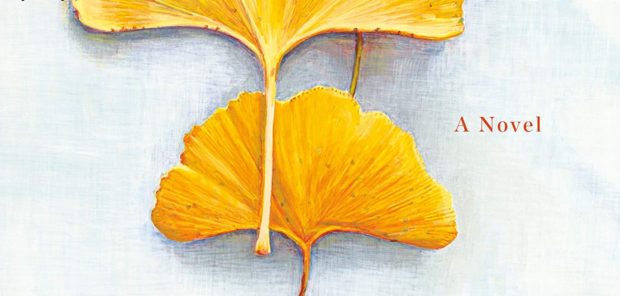
The Most Fun We Ever Had / Claire Lombardo
Debut novelist Claire Lombardo peeks over the gates of a rich Chicago family in this intimate, multi-generational, and wholly enveloping story. Using a character-first approach, where plot only exists to explore the characters a little further, Lombardo cuts back and forth between various eras of their lives. Read the full review.

Spring / Ali Smith
The third book in Smith’s planned quartet of seasonal offerings is arguably her most overtly political. Autumn and the Dickens inspired Winter both spoke to a post-EU Referendum Britain, and Spring also blossoms out of Brexit rhetoric with the provocative opening lines, “Now what we don’t need is facts. What we want is bewilderment.” Smith’s love of language in all its forms positively oozes out of every page. So, while there was a two-year gap between Winter and Spring, let’s hope that Summer’s release is not too far away. Read my full review (originally published for the State Library of NSW).
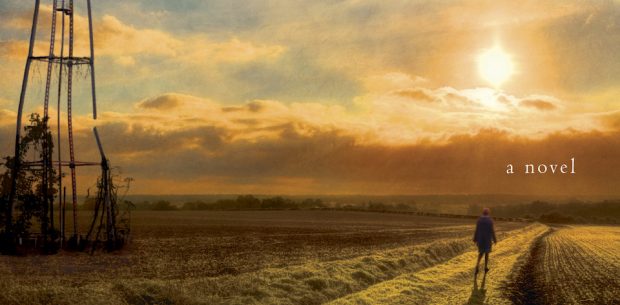
Wanderers / Chuck Wendig
Chuck Wendig wears his influences on his sleeve in this epic tale that’s possibly about the end of the world, not least of which is Stephen King’s name being checked in text and chapter headings more than once. Yet Wendig goes in a very different direction to The Stand, presenting a multi-faceted narrative that genuinely surprises (and delights)! If you follow Wendig, you’ll know that he doesn’t pull any punches in his politics, so it’s no surprise that there’s a thinly disguised US President who has extremist followers in red trucker caps. He’s really is asking how does our world move on from the worst thing. Even in a 800+ page book, there are some characters I wanted to see more of, but like the best sprawling speculative fiction, this is one that will take a while to rattle loose from your skull.
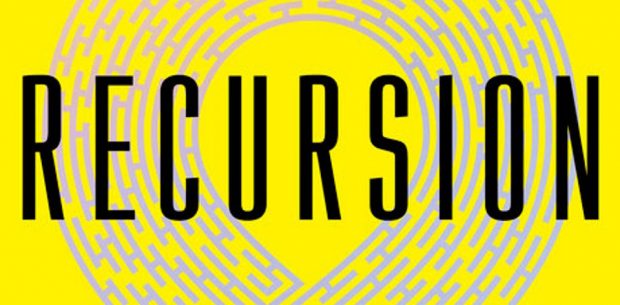
Recursion / Blake Crouch
It’s been a strong year for books with looping timelines and intersecting narratives. After The Seven Deaths of Evelyn Hardcastle, and to a lesser extent Middlegame (not to mention the cinematic classic Happy Death Day 2U), I was delighted by how much I engaged with RECURSION. Initially built around the phenomena of False Memory Syndrome seemingly spreading like an epidemic, this is one of those books that manages to surprise almost every other chapter. Just when you think you’ve got a handle on what’s happening, Crouch pulls the rug out from under you and hooks you in for another round of discombobulation.

Daisy Jones and the Six / Taylor Jenkins Reid
The oral history for the greatest band you’ve never heard of comes with an authentic voice, engaging characters, and a terrific soundtrack (inside your head). Based loosely on a mix of the bands Fleetwood Mac and Civil Wars, Reid presents the life and times of the players in the grand rock tradition of an oral history. Check it out before its made into your favourite new TV show of 2020. Read the full review.
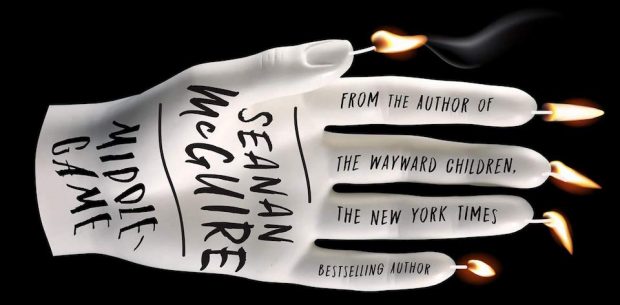
Middlegame / Seanan McGuire
Even though it combines some of my favourite things (prophecy, shadow organisations, quantum entanglement) with my least (maths), McGuire creates something truly unique in this adult fairy tale. Deliberately discombobulating readers with jumping timelines and intersecting narratives, McGuire has crafted a whole underlying mythology that both informs and mystifies the main plot. Like the unspoken connection leads Roger and Dodger have, McGuire brings us in to a proximity that can only be described as intimate. Purposefully ambiguous at times, and not always making literal sense, one suspects it will take several read-throughs to fully appreciate all the subtleties and mysteries of this volume.
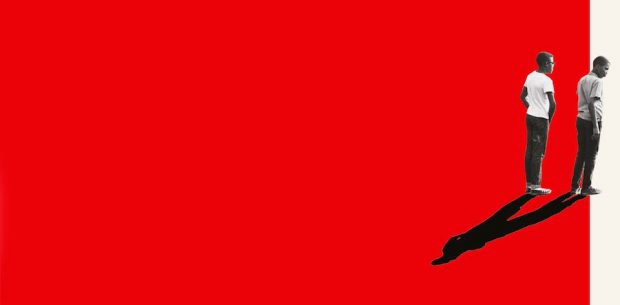
The Nickel Boys / Colson Whitehead
The real Florida Dozier School for Boys didn’t close until 2011, with the extent of its century-long legacy of abuse becoming manifest with the discovery of 55 burials on the grounds, many of them out of the nearby cemetery. Which is the thing about Whitehead’s novel: while he doesn’t take he speculative/allegorical approach of The Underground Railroad, he doesn’t have to go far for historical atrocity. A coming-of-age story set against the backdrop of the segregated South, Whitehead’s structure and narrative voice could be see as distant or floating at times. Yet this kind of disassociation fits with the coping mechanisms seen in these abused characters, linking us to the revelations in the final chapters.

Gender Queer / Maia Kobabe and Phoebe Kobabe
There is a point in Kobabe’s graphic memoir where e talks about gender neutral pronouns, and their importance to em. “Everyone in this family loves and supports you,” eirs best friend says. “But we will also mess up a lot.” Which I guess is where a lot of us land, especially those of us who have never had to make the mental shift into defining ourselves in relation to the other. In fact, in writing the last few sentences, I’ve had to stop and reflect on it several times to make sure I’m getting it right. Which is where Kobabe’s very personal story has its most impact: as an engaging tale that will hopefully make readers stop and shift perspectives for a moment.
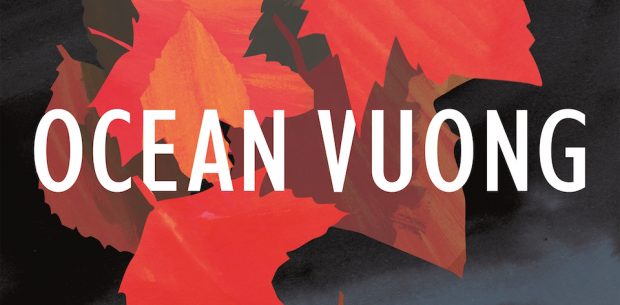
On Earth We’re Briefly Gorgeous / Ocean Vuong
It’s unsurprising that Ocean Vuong’s first novel, coming from a writer who is known for his poetry, would be infused with such slow-burning and lyrical beauty. Written as a letter of sorts from Little Dog, an analogue for Vuong himself, to a mother who cannot read, this traces the history of a family who must each deal with ‘otherness’ in their own way. It tells the story of his Vietnamese immigrant mother Hong, also known as Rose, barely literate, suffering from post-War PTSD, and working at a nail salon in Connecticut as a single mother. Filtered through this is the tale of Little Dog’s grandmother Lan, who fled from an arranged marriage during the Vietnam War and became a prostitute. A stark confessional and an unrelentingly honest portrayal of a life, Vuong explores his/Little Dog’s emerging sexuality, dealing with race and class in America and the fleeting beauty of existence.
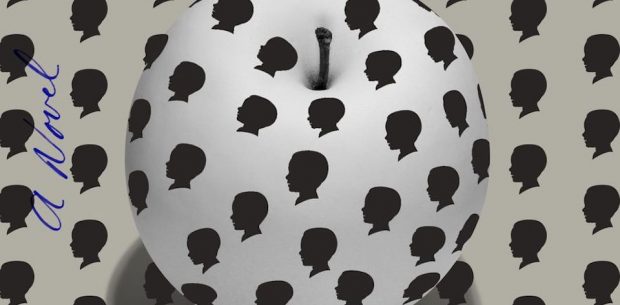
We Cast A Shadow / Maurice Carlos Ruffin
Social injustice, issues of race, body politics, and identity sound more like they are ripped from the headlines than a work of science fiction, but that’s what the best satirical speculative fiction does. It takes the concerns of today and amplifies them. In his slightly surreal and frequently mesmeric, Ruffin creates an unreliable narrator who is simply trying to do the best for his son. Race relations have gotten to the point that a painful demelanization procedure is the increasing norm, and a black father constantly trying to bleach his son’s skin to remove a growing dark birthmark may not endear him instantly to readers. Yet Ruffin constantly reminds us that white privilege and white supremacy are a much bigger menace, driving his protagonist’s actions to the very end. Like Roxane Gay’s fiction dealing with issues of race and the body, Ruffin spoke to The Paris Review about some of these underlying themes: “It’s almost as if every black person walks around America with a fence around their body. It separates us from polite society.”


